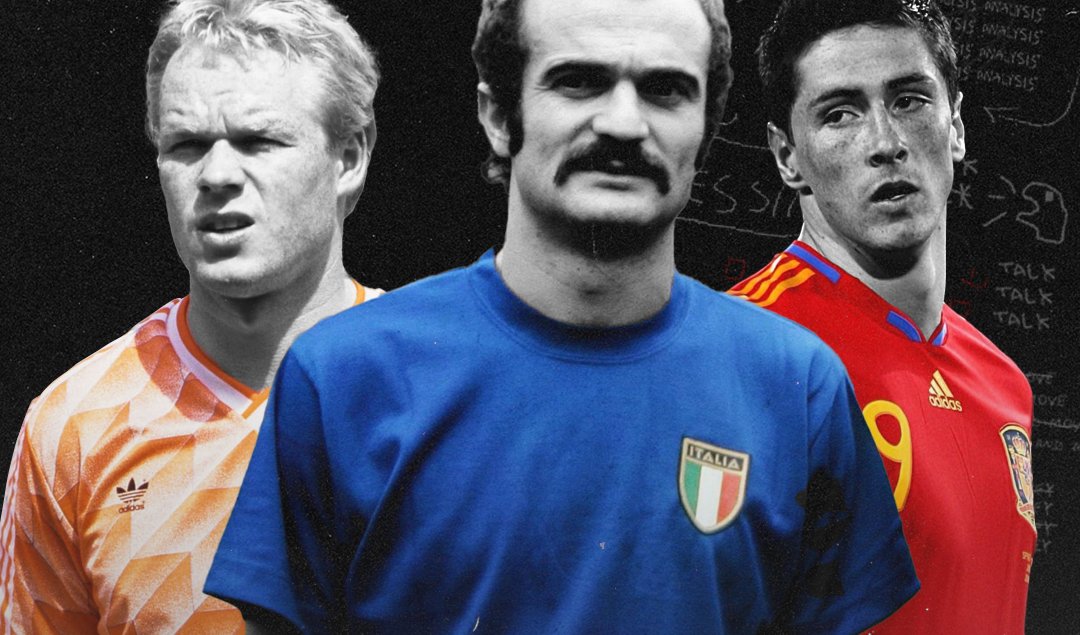Fernando Torres: A Legacy of the Pure Striker
Football has transformed dramatically over the decades, with one of the most profound changes being the evolution of the striker’s role. Gone are the days when a forward’s primary duty was to score goals. Modern strikers are expected to press high, contribute defensively, and create chances for teammates, all while adapting to various tactical systems. Modern football demands versatility: pressing, defending, and creating opportunities. Fernando Torres, often regarded as one of the last great “specialized strikers,” represents a bygone era when forwards could thrive in narrowly defined roles.
The Specialized Striker: A Dying Breed
In the past, football celebrated strikers who excelled in a singular task: finding the back of the net. These players were the focal points of their teams’ attacks, and their success was judged by their goal tally. Unlike today’s multifaceted forwards, these strikers were given the freedom to focus exclusively on scoring.
Fernando Torres, nicknamed “El Niño,” embodied this archetype. His sharp instincts, searing pace, and clinical finishing made him a quintessential striker. While modern football prioritizes adaptability, Torres’ career is a testament to the impact of specialization.
The Rise of Fernando Torres
Torres began his career at Atlético Madrid, rising through the youth ranks to make his first-team debut in 2001 at the age of 17. By 19, he was the youngest captain in the club’s history. His pace and composure quickly made him Atlético’s standout player and a target for Europe’s top clubs.
In 2007, Torres joined Liverpool, where he reached the peak of his career. Paired with Steven Gerrard, Torres flourished in a system that played to his strengths. In his debut season, he scored 24 league goals, becoming a fan favorite and one of the Premier League’s most feared strikers. Memorable performances, such as his goals against Manchester United and Chelsea, cemented his legacy as one of Liverpool’s greats.
A record-breaking move to Chelsea in 2011 marked a turning point. Despite struggling to replicate his Liverpool form, Torres delivered key moments, including a decisive goal against Barcelona in the 2012 Champions League semi-final. He was part of Chelsea’s squad that won the Champions League and Europa League.
In 2015, Torres returned to Atlético Madrid. Although his role was more subdued, his homecoming offered a fitting conclusion to a career filled with highs and lows.
The Rise of Versatility in Modern Football
Today’s forwards are required to be more than goal-scorers. Tactical systems demand pressing, defensive contributions and positional fluidity. Players like Lionel Messi, Cristiano Ronaldo, and Robert Lewandowski epitomize this evolution. They have adapted their games to fit modern football’s collective ethos, excelling not only as scorers but also as creators and all-around contributors.
The emphasis on versatility is a response to football’s tactical advancements. High-pressing systems, fluid formations, and team-oriented strategies have rendered the specialized striker less prominent. In this landscape, players who excel in multiple roles are more valuable.
Torres: A Symbol of a Bygone Era
Fernando Torres thrived in an environment during the late 2000s and early 2010s where his singular focus on scoring was celebrated. At Liverpool, he was the epitome of the goal-scoring forward, excelling through his instincts and finishing ability. Unlike today’s forwards, Torres wasn’t asked to drop deep, press relentlessly, or act as a playmaker. He was a pure striker, a role that seems almost anachronistic in today’s game.
While his style may not align with modern demands, Torres’ brilliance as a specialized striker deserves recognition. His career serves as a nostalgic reminder of an era when forwards were judged solely by their ability to score goals.
Post-Retirement Ventures: Ambassador for a Casino Brand in Japan
Since retiring in 2019, Torres has successfully transitioned into new roles, including business and entrepreneurship. One notable endeavor is his ambassadorship with Yuugado, an online casino brand. His partnership reflects the broader trend of retired athletes leveraging their image for commercial opportunities.
The writer for Casinosnavi information website Hanbee Ohta remarked: “There’s nothing wrong with players collaborating with brands like bookmakers after their playing days. Active footballers are rightly restricted from such associations, but retirees can utilize their image assets as they see fit.”
Torres’ ventures highlight his ability to adapt to life beyond football, showcasing the multifaceted nature of modern athletes.
Conclusion
Fernando Torres’ career represents the twilight of the specialized striker. His legacy reminds fans of an era when forwards could dominate the game by excelling in one role. As football continues to evolve, the likes of Torres stand as a testament to the value of mastery in a singular craft. While modern football prioritizes versatility, there will always be a special place in the sport’s history for players like Torres, who defined an era with their pure goal-scoring prowess.
